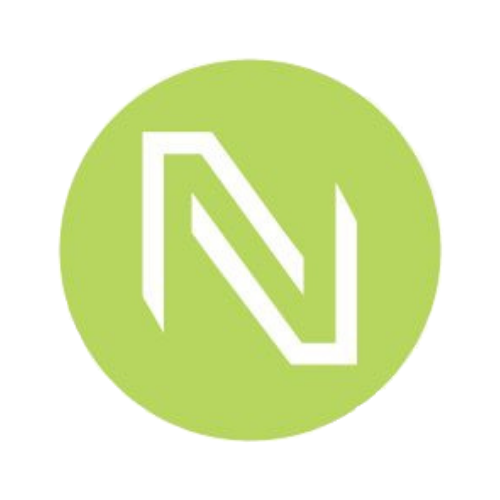Collaboration: 2 Heads Are Always Better Than 1
Alright, so I’m going to be honest; I’m typically a loner. While yes, I’m an extrovert by definition, Friday nights primarily consist of my dog and I on the couch watching some sort of comedy special rather than enjoying the crazy NYC night-life. It’s not that I don’t like to go hang out with people. I have tons of friends and colleagues who I love connecting with personally and professionally (I mean, I’m in sales for goodness sakes). But I truly love being at home with me, myself and Darth.
With that being said though, one of my most “evangelized” notions is collaboration. My LinkedIn summary even says “2 heads are better than 1 and 5 are better than 2,” and I truly believe that. Being a theatre girl by trade, it never ceased to amaze me what the company could create, and that has extended well into my sales career. I was recently reminded just how important it is at a week-long training with one of our partners. While there were so many golden nuggets of information, there was one panel in particular that really struck a chord with me: the Operations panel.
Yes, you read that correctly. It was amazing hearing from the senior leadership about strategy, learning about the sales process, the offerings… but the one that just made my eyes flutter open was the panel including Sales Ops, Accounting, and Ops. Now why in the world would a saleswoman have taken the most out from a panel talking about backend operations?! Accounting isn’t exactly known for being the exciting part of a company, but my goodness was I blown away.
My least favorite aspect of my job is the administrative part, and I would be willing to bet that most salespeople would say something similar. “It keeps me out of the field/it is a useless exercise/I don’t have time to do all of this” etc. are all things I’ve heard (and even said) in the past, because it can feel very much like a huge waste of time. It can be difficult to get time with a customer, so anything that gets in the way of that can seem like a colossal waste of my time. My job isn’t to be in front of a desk; it’s to be out there enhancing their security posture. Yeah…. This is where that ops panel really blew my mind. (This next part is paraphrased based on memory.)
The question “Is it important to keep your SFDC (Salesforce – Customer Relationship Management database) data accurate and forecast clean?” was posed to the head of worldwide operations.
“Yes, it’s absolutely imperative. I can’t do my job if you don’t do it, which means you miss your quota.”
Truthfully I was prepared to shut my brain off, but that last almost throwaway sentence got my attention.
“Let’s take X product for instance. Currently our lead time for one of those is 20 weeks [this is a big honkin’ chassis] and that’s when everything goes to plan. So when you put an opp in Salesforce with a close date for 6 months out for two of them, I have to adjust my purchasing budget based on this. If you don’t put any notes in or update the close date, I’m going in blind. Let’s say you get the PO tomorrow and haven’t told the customer the long lead time because you’re new and didn’t know. Your competitor comes in saying they can get their equivalent to them next week. Guess what happens? You lose that deal. All because you didn’t update SFDC.”
Now, this is an extreme example sure, but it really opened my eyes. With one sentence I completely changed my viewpoint on how I approach that piece of my business.
This is why we need cross-departmental awareness training.
When I was in college I learned just as much about acting while I was sitting at the table stage managing and directing as I did when I was in a show or in acting class. I understood how to teach actors to find their light when I was designing and the importance therein because of my time on the stage. These concepts can be directly tied into the enterprise.
I’m not suggesting we need to start cross training with the intent of giving a crash course in another departmental duties. Obviously with certain roles there is sensitive employee data involved and that’s not feasible. What I am saying is to open up lines of communication within departments so there’s an additional understanding of how the cohesive corporate unit runs. Shedding a little light on a different perspective can help eliminate the “that’s not my job” mentality which plagues many an organization.
Next time you’ve got a challenge in the workplace with another department, pick up the phone and ask how this can be avoided the next time and why it’s an issue now. A simple question “why?” (with the right tone of course) can go a long way, and who knows! You might learn something.
